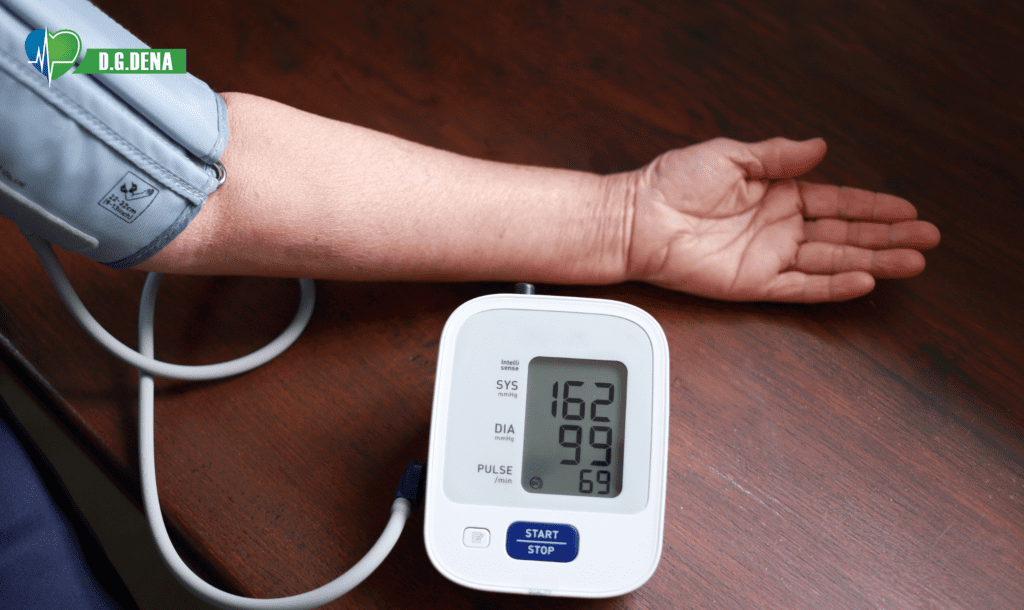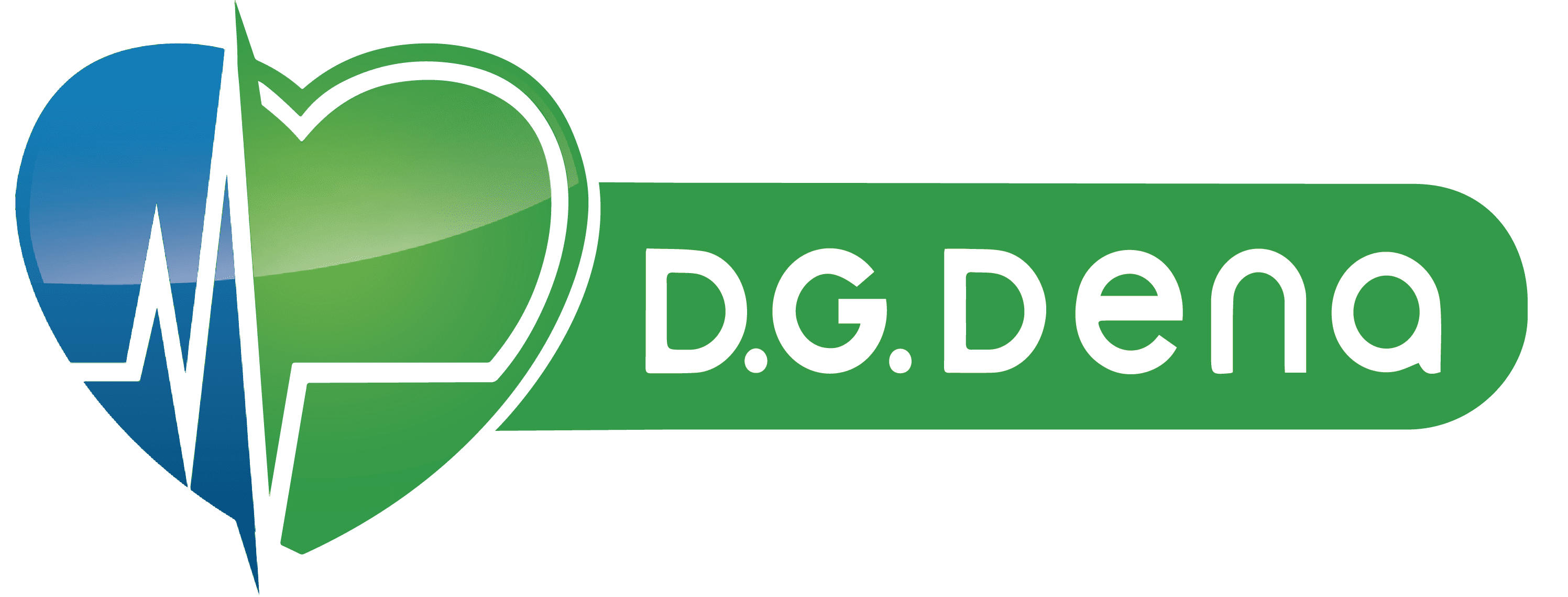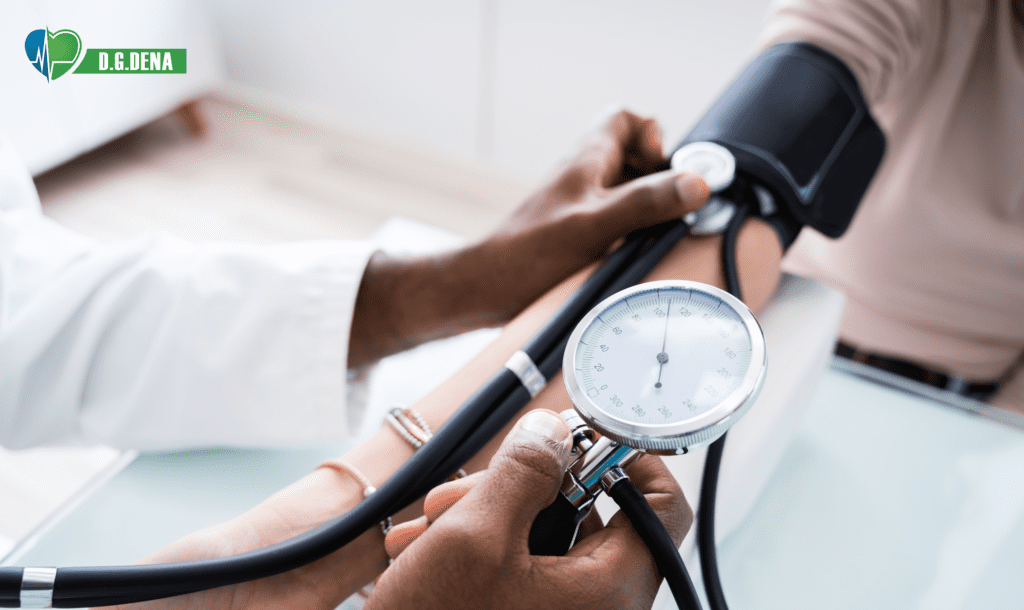Most people live with high blood pressure and its associated diseases. Some patients, however, do not get back to their good health despite medical adherence and prescribed treatment completion. In this article, we seek to bring awareness of hypertension, its dangers, and simple but key tips for sustaining your health. Join us to learn more.
What is Blood Pressure?
Hypertension is the force with which your blood pushes against the walls of your arteries as it circulates through your body. Your heart’s pumping action creates the pressure. Your blood pressure can vary during the day depending on your activities and diet.
What does high blood pressure mean?
It is said that you have high blood pressure when your blood is flowing through the arteries with too much force. It is one of the most dangerous conditions because it may lead to heart attacks and strokes. Many people may have hypertension and not even be aware of it, hence the importance of regular visits to the specialist.
Hypertension Causes
There’s no one specific cause of high blood pressure but a variety of factors may lead to its development:
- Genetic issue
- Diet
- Alcohol consumption
- Tobacco smoking
- Obesity
- Lack of physical activity
Other reasons that affect blood pressure are stress, sudden changes in emotions, exercising, and taking caffeine.
High Blood Pressure Symptoms
Hypertension can be indicated by one feeling that the heart beats at a faster rate than normal, breath shortness, and flushing. Again, these symptoms are not ultimate indicators of hypertension. Hence they need to go for frequent medical check-ups since hypertension is the reason for heart attacks and strokes.

Hypertension Diagnosis
The alternating pressure in the blood vessels is generally measured by a sphygmomanometer. This is an instrument with a rubber cuff that is fitted to your arm. The rubber gets inflated the doctor then uses a stethoscope so that the patient can establish the maximum and minimum pressure.
Systolic pressure: This is the pressure that is in your arteries whenever your heart beats.
Diastolic pressure: The pressure in your arteries when your heart rests between beats.
A normal blood pressure reading is:
Systolic: less than 120 mmHg
Diastolic: less than 80 mmHg
But these indicators should be shown to a specialist who will include your history of illness, genes, and general state of your body and then determine whether your pressure is low or not.
High Blood Pressure Risks
Damage to the blood vessels: Arteries are tough and elastic. However too high blood pressure wears them down and makes them narrow as well as sensitive to plaque formations; over the years, blood flow may be affected.
– Aneurysm: Continuous hypertension can weaken an arterial wall, developing a bulge with a danger of rupture.
– Cardiovascular disease: With the damaged arteries limiting appropriate blood supply to the heart owing to stress, chest pains or angina, arrhythmias, and also heart attacks, are revisited once again.
– Heart failure: It makes the heart weak as it continuously exerts extra stress on the heart to pump more blood. In the long run, heart failure might result.
Left-ventricular hypertrophy: Hypertension places an extra workload on the heart. It thickens the muscles in the left ventricle, and there can be sudden cardiac Arrest.
– Metabolic syndrome: A cluster of conditions combined with disorders like high blood pressure, high sugar level, high triglycerides, low HDL cholesterol, and obese abdomen – increase the risk of heart disease.
– Stroke: Reduction in blood flow can form clots. This clogs the blood supply to the brain, causing a stroke.
– Dementia: The brain is deprived of blood flow and a decline in cognitive activities happens hence dementia.
– Kidney failure: Kidneys filter waste carried along by blood. Hypertension causes malfunctioning of this intention thus causing kidney failure.
– Vision loss: Blood circulation to the retinas is poor damaging the light-sensitive cells Hence vision loss.
Basic Measures to Prevent and Control Hypertension
– Regular monitoring: Record your blood pressure, especially if there is a family history of hypertensive disease.
– Early treatment: If you have hypertension, begin the treatment sooner rather than later under specialist supervision.
– Healthy diet: A diet low in salt saturated fats and refined sugars and abundant in healthy or unsaturated fats promotes healthy blood pressure.
– Regular physical activity: Exercises should be moderate or non-strenuous on the heart.
– Maintain a healthy weight: This prevents extra fat in the body that applies stress on your heart and blood vessels.
– Do not smoke
– Manage Stress: Follow relaxation techniques and stress-relieving activities to reduce your stress levels.
– Limit alcohol intake: Avoid consuming too many alcoholic drinks.
– Regular check-ups: Schedule regular health check-ups.
These guidelines help you prevent cardiovascular issues even if you haven’t had any family history of heart disease or high blood pressure; regular check-ups and early treatment, in case of genetic history, make all the difference to safeguard you.

